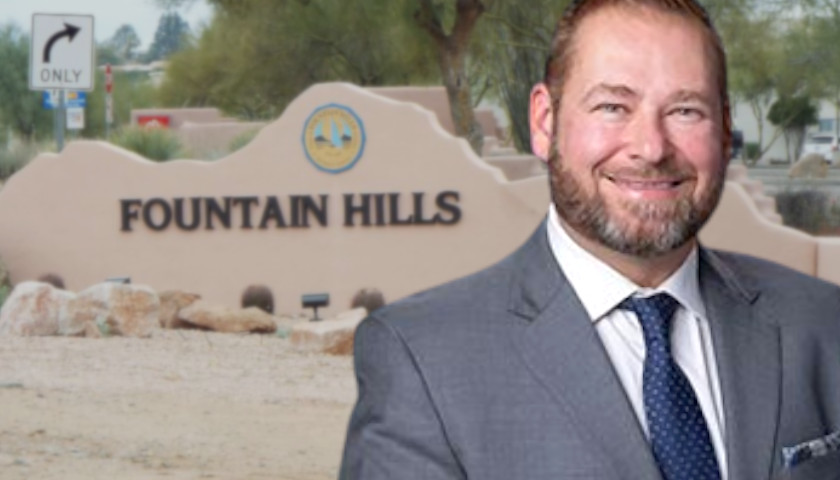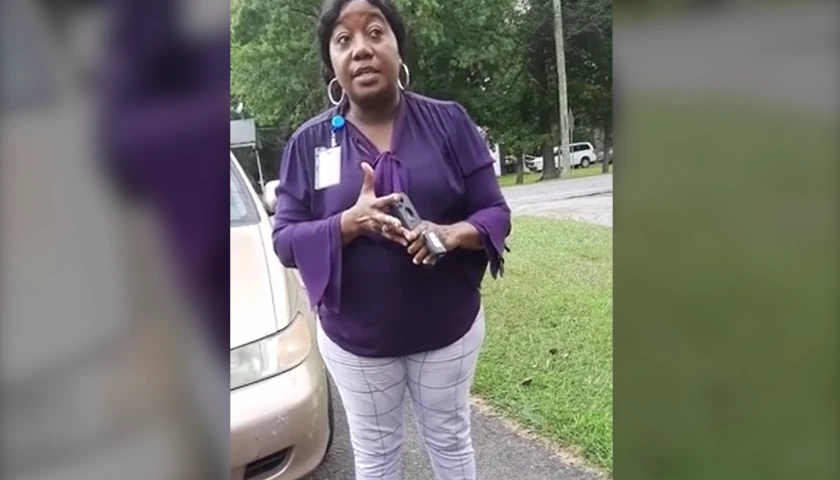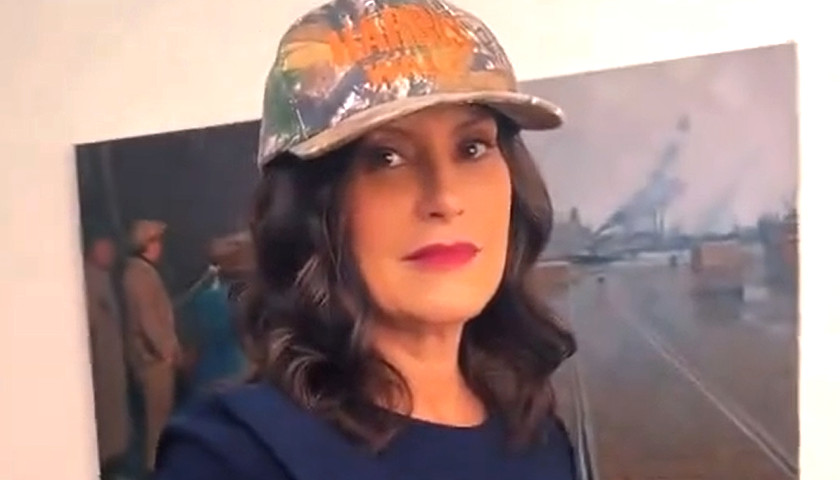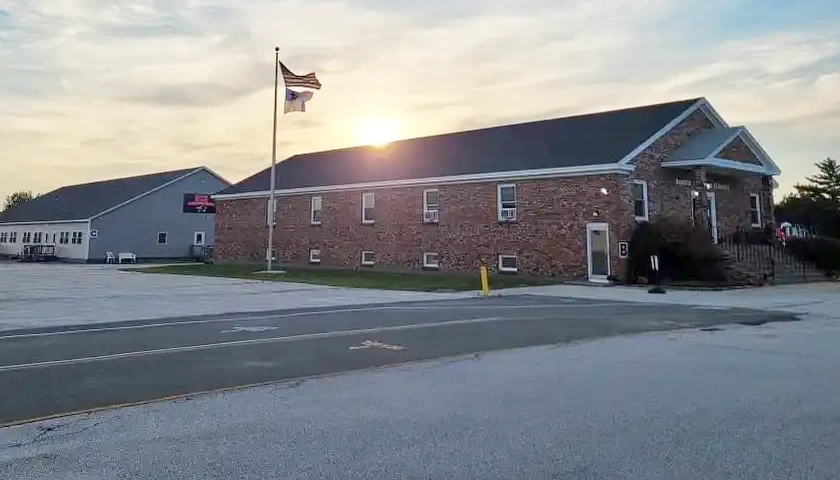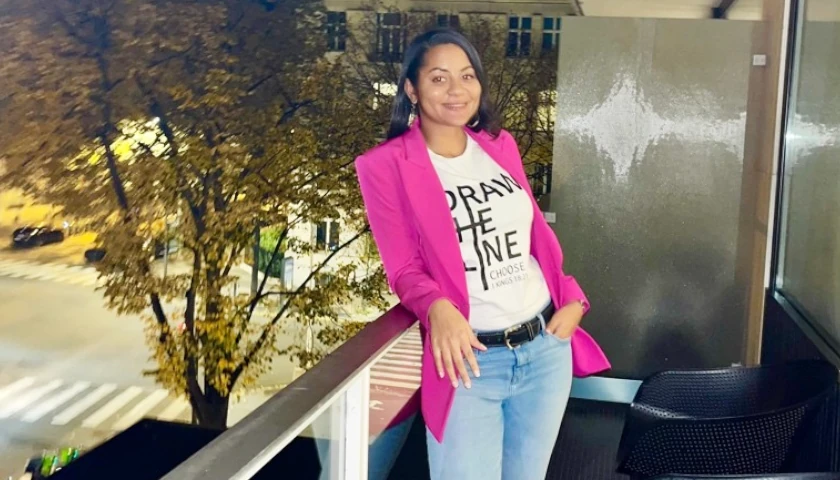During a Tuesday Fountain Hills Town Council Meeting, Councilman Allen Skillicorn led a successful effort to restore an invocation of prayer to the beginning of future meetings.
“For over 200 years, this [prayer] has been part of our legislative process. This isn’t about a church. This is about people coming in from the community and praying for the board and praying for the town or state or the country,” Skillicorn said following the approval by the board.
What Kind of Mayor Bans Prayer? https://t.co/VKhmlhYkya
— Allen Skillicorn ™ 🌵 🇺🇸 (@allenskillicorn) January 4, 2023
During the meeting, the public had an opportunity to present arguments for and against the motion. Several attendees spoke in its favor, stating that America was founded on Christian principles and that an invocation of prayer, at the very least, does no harm to anyone. On the other side, some citizens shared their concerns that prayer could result in unnecessary division within the board and community. Moreover, by bringing back prayer, some were concerned the board may force a particular religious belief on community members who do not hold said beliefs.
As for the board, Councilwoman Hannah Toth clarified that everyone would still be welcome to town meetings, no matter their religious affiliation.
“Anyone of any faith, any denomination, is more than welcome to come and do the invocation. This is not a way to do anything different from what it used to be and what it had been since the beginning of Fountain Hills,” said Toth.
Yet, Vice Mayor Peggy McMahon took a moment to speak her mind, insisting that religion is “historically controversial and divisive.” She argued that no matter how good the intentions behind it are, prayer will not be “inclusive of our entire community” and should not be brought back to the board meant to represent everyone.
However, the motion ultimately succeeded by a vote of four to three, with council members Toth, Brenda Kalivianakis, and Gerry Friedel joining Skillicorn. Mayor Ginny Dickey, McMahon, and Councilwoman Sharron Grzybowski made up the nay votes.
Additionally, Dickey made a revelation during the meeting. An invocation for prayer was offered at council meetings until 2021 when it was “replaced with a moment of silence during the COVID-19 pandemic,” according to the meeting agenda. One attendee accused Dickey of abusing her power to appease her political allies by removing the invocation and not restoring it once COVID-19 restrictions were lifted. In response, Dickey stated that the rules of procedure for running a meeting allowed for an invocation or moment of reflection, so the moment was already allowed. Additionally, Dickey assured the change was not made because of the pandemic but that it was her prerogative to make the change when her second term as mayor started.
When pressed by Skillicorn, Dickey shared that this decision was not voted on. In a video released after the meeting, he accused her of banning prayer through the back door.
“It was discovered through the debate, which, at times, was spirited, that the mayor unilaterally did this [removed prayer] in 2021,” said Skillicorn. “No vote. Was there public notice? No public notice. She literally snuck this in through the back door, banning prayer.”
Skillicorn said he thinks restoring prayer is a great opportunity for the town. He mentioned that Mesa and Chandler join Fountain Hills in allowing prayer, but other cities like Scottsdale, Phoenix, Cave Creek, and Tempe do not.
According to Pew Research Center, Arizona is predominantly Christian, with 67 percent of adults falling into a denomination. Non-religious comprise the second largest population at 27 percent, with the remaining six percent following non-Christian faiths.
– – –
Neil Jones is a reporter for The Arizona Sun Times and The Star News Network. Follow Neil on Twitter. Email tips to [email protected].
Background Photo “Fountain Hills, Arizona” by Marine 69-71. CC BY-SA 4.0.

